Putting Long term sustainable GOALS into action...
Nexgen
Sustainability
Welcome to NEXGEN SUSTAINABILITY, where innovation meets
responsibility. At NEXGEN, we are committed to shaping a
sustainable future for businesses through our comprehensive suite
of services. As a leading provider of auditing, sustainable workplace
development, and consulting services, we empower organizations to
thrive in an era where environmental and social responsibility are
paramount.
Contact Us for enable below Standers/Certifications at your site
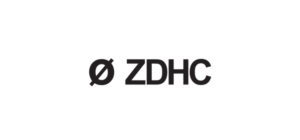
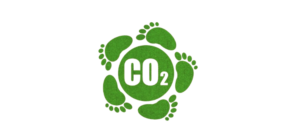
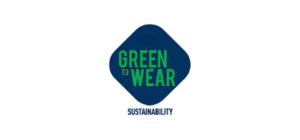
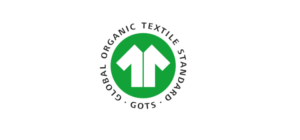
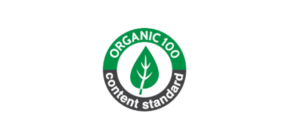
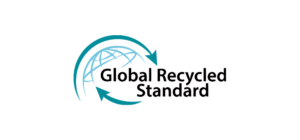
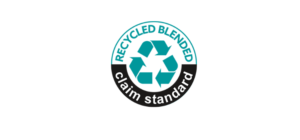
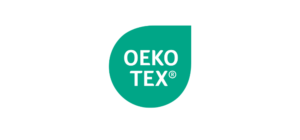

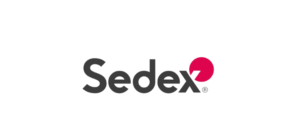
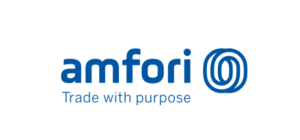
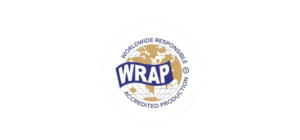
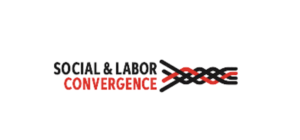
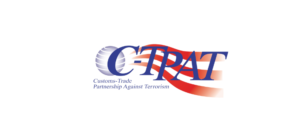
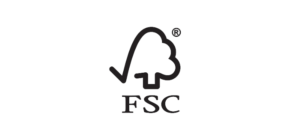
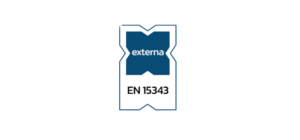
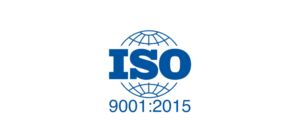
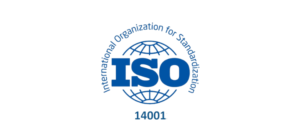
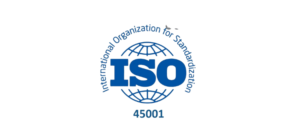
We proudly serve as enablers of industry-leading standards in various domains. Our commitment extends to ensuring compliance with recognized benchmarks, encompassing areas such as quality management, information security, environmental sustainability, and other pertinent spheres. If you have specific standards in mind or require further details, please feel free to specify, and we would be pleased to provide additional information at sales@nexgensustain.com.
ZDHC (Zero Discharge of Hazardous Chemical)
The Zero Discharge of Hazardous Chemicals (ZDHC) audit is a process designed to assess and ensure compliance with environmental and chemical management standards in the apparel, textile, leather, and footwear industries. It involves a comprehensive evaluation, including on-site audits against ZDHC requirements at different levels.
The ZDHC audit protocol assesses environmental practices related to chemical discharge, promoting safer chemical management to protect workers, consumers, and the environment. The ZDHC Gateway facilitates data reporting and comparison, supporting transparency in chemical management. The ZDHC audit is part of the industry’s commitment to achieving zero discharge of hazardous chemicals.
Carbon Footprint Assessment
A carbon footprint audit is a systematic process that measures and evaluates the greenhouse gas emissions produced by an individual, organization, or product. It aims to assess the impact on the environment and identify areas for improvement in sustainability practices. The audit involves quantifying emissions within a defined system boundary, commonly referred to as the carbon footprint.
Key steps in a carbon footprint audit:
1. Measurement: Quantifying greenhouse gas emissions within a defined system boundary.
2. Data Compilation: Gathering information on emissions from different sources.
3. Analysis: Assessing the environmental impact and identifying areas for improvement.
Carbon audits contribute to sustainable practices by providing a baseline for reducing emissions and supporting efforts to combat climate change.
Green to Wear ( GTW )
1. GTW audits: focus on environmental and chemical management in the textile industry, aiming to improve sustainability practices. Nonconformities found in the audit result in a corrective action plan, with updates to the company’s audit score. Inditex’s commitment to enhancing chemical products is part of the GTW initiative.
2. Green Auditing in Textile Sector: Green auditing offers a comprehensive analysis of the environmental impact in the textile industry, considering resource usage and sustainability factors.
3.General Green Audits: A green audit’s objective is to identify areas for sustainability improvement, reducing carbon footprint in organizations. In a broader context, green audits examine information systems to provide a clear overview of eco-friendly practices.
GOTS (Global Organic Textile Standard)
The Global Organic Textile Standard (GOTS) is an internationally recognized organic textile standard. Since its introduction in 2006, GOTS has demonstrated its practical feasibility and is supported by the growth in consumption of organic fibers and the demand for a unified processing criteria from the industry and retail sectors.
OCS (Organic Content Standard)
The Organic Content Standard (OCS) applies to any non-food product containing 95-100 percent organic material. It verifies the presence and amount of organic material in a final product and tracks the flow of the raw material from its source to the final product.
GRS (Global Recycled Standard)
The Global Recycled Standard (GRS) is a voluntary product standard for tracking and verifying the content of recycled materials in a final product. The standard applies to the full supply chain and addresses traceability, environmental principles, social requirements, chemical content and labeling. GRS covers processing, manufacturing, packaging, labeling.
RCS (Recycled Claim Standard)
The RCS (Recycled Claim Standard) is used as a chain of custody standard to track recycled raw materials through the supply chain. The standard was developed through work done by the Materials Traceability Working Group, part of OIA’s Sustainability Working Group. The RCS uses the chain of custody requirements of the Content Claim Standard.
OekoTex Certification
OekoTex certifies that every component of the product, from the fabric to the thread and accessories, has been rigorously tested against a list of up to 350 toxic chemicals. Trusted Worldwide. Since 1992, STANDARD 100 by OEKO-TEX® has been the world’s best-known label for textile safety.
HIGG FEM Verification
The Higg FEM is not a pass/fail audit. It is simply a means to verify the facility understood and answered the FEM self-assessment correctly.
Verified data and scores provide trusted information on facility environmental performance, reducing the need for multiple proprietary audits.
SEDEX Certification
Sedex defines the Supplier Ethical Data Exchange, it is a non-profit organization and introduces to drive ethical business practices.
It is a secure online database which allows the registered members to share, store the information in four key areas:-
Health and Safety standard, Labour standard, The environment and Business ethics.
Click the link below for more detailed information on how we can assist you in obtaining certification.
amfori BSCI Certification
The Business Social Compliance Initiative is now amfori BSCI stands for Business Social Compliance Initiative. Amfori BSCI code of conduct is based on international conventions such as the Universal Declaration of Human Rights, and International Labour Organization (ILO) Conventions and Recommendations relevant to improve working conditions in the supply chain. Click the link below for more detailed information on how we can assist you in obtaining certification.
WRAP Certification
WRAP Certification for socially responsible manufacturing The Worldwide Responsible Accredited Production (WRAP) program is the world’s most accepted independent certification for the apparel/textile, footwear, and sewn products industry. The program monitors and certifies lawful, humane and ethical production.
SLCP Verification
The Social and Labor Convergence Program (SLCP) is a non-profit initiative established to provide a systematic assessment and verification process for stakeholders throughout global value chains.
As a recognized Verifying Body (VB), we are authorized to provide verification of your assessment data collection results.
C-TPAT Certification
C-TPATstands for Customs Trade Partnership Against Terrorism and is part of U.S. Customs and Border Protection’s (CBP) multi-layered cargo enforcement strategy. Launched in 2001 as a result of the 09/11 attacks, the program aims to partner with the business community to protect the supply chain and fight against terrorism by securing all goods that are imported into the U.S. CTPAT is a voluntary public-private sector partnership, between the CBP and the main stakeholders of the international supply chain such as importers, carriers, consolidators, licensed customs brokers, and manufacturers. It aims to identify security gaps, protect the supply chain, and implement appropriate safety measures and industry’s best practices.
FSC Certifications
A Forest Stewardship Council™ (FSC) accredited Forest Management certification from NGS guarantees that timber is sourced from a forest managed in accordance with rigorous social, economic, and environmental standards.
This certification involves an independent evaluation to ensure that your forest management practices adhere to FSC’s internationally recognized standards. NGS, an accredited certification body, performs these assessments. We inspect, audit, and certify organizations based on the FSC Principles and Criteria for Forest Management, ensuring your practices meet the FSC forest management standards.
ISO 15343:2008
ISO 15343:2008 is an international standard that specifies a method for evaluating the performance of air filters used in cleanrooms and controlled environments. The standard outlines procedures for testing the efficiency of filters in removing particulate contaminants from the air.
Key aspects of ISO 15343:2008 include:
1.Test Method: It provides a standardized approach for measuring the filtration efficiency of air filters. This involves assessing how well a filter captures airborne particles of various sizes.
2.Filter Performance: The standard helps ensure that filters meet specific performance criteria, which is crucial for maintaining the cleanliness and integrity of controlled environments like cleanrooms in pharmaceutical, semiconductor, and aerospace industries.
3. Application: It’s particularly relevant for industries where air cleanliness is critical to product quality or process reliability.
ISO 15343:2008 is intended for use by organizations that need to verify the performance of air filters to ensure they meet required standards and specifications.
ISO Certifications
WHAT IS ISO 9001:2015 – QUALITY MANAGEMENT SYSTEMS?
ISO 9001 is defined as the international standard that specifies requirements for a quality management system (QMS).
ISO Certifications
WHAT IS ISO 14001:2015 – ENVIRONMENTAL MANAGEMENT SYSTEMS?
ISO 14001 is the international standard that specifies requirements for an effective environmental management system (EMS).
ISO Certifications
What is ISO 45001?
ISO 45001 is the world’s international standard for occupational health and safety, issued to protect employees and visitors from work-related accidents and diseases.


